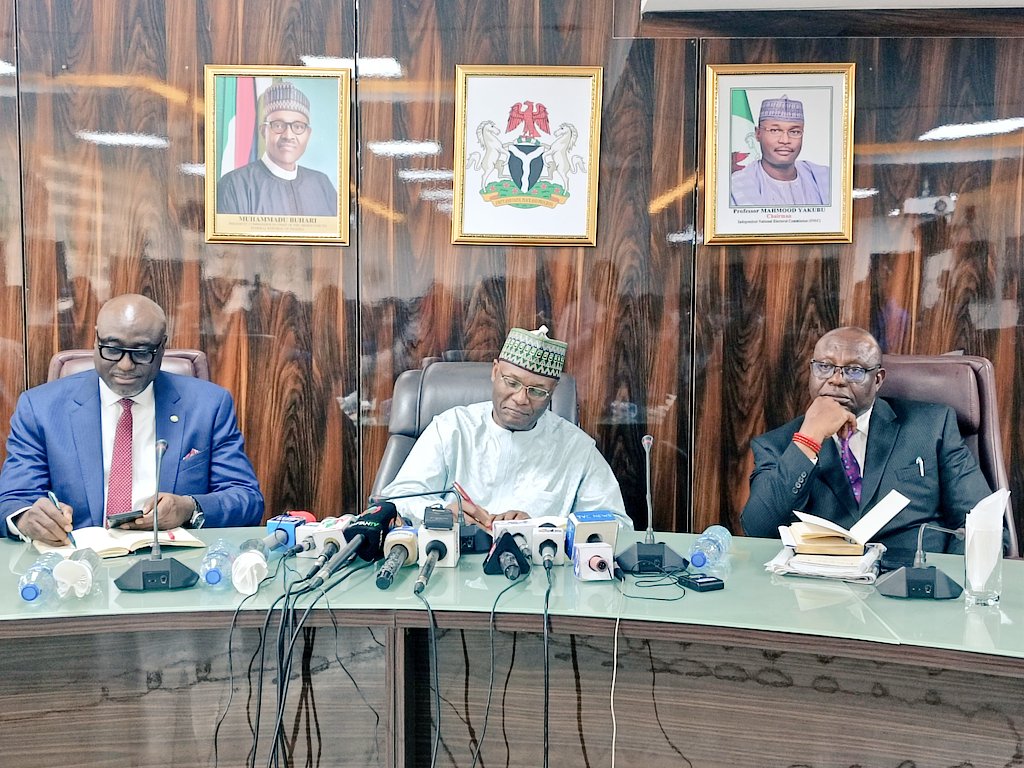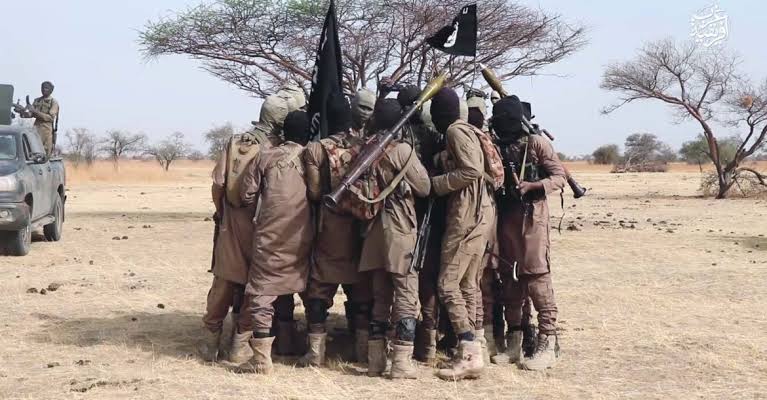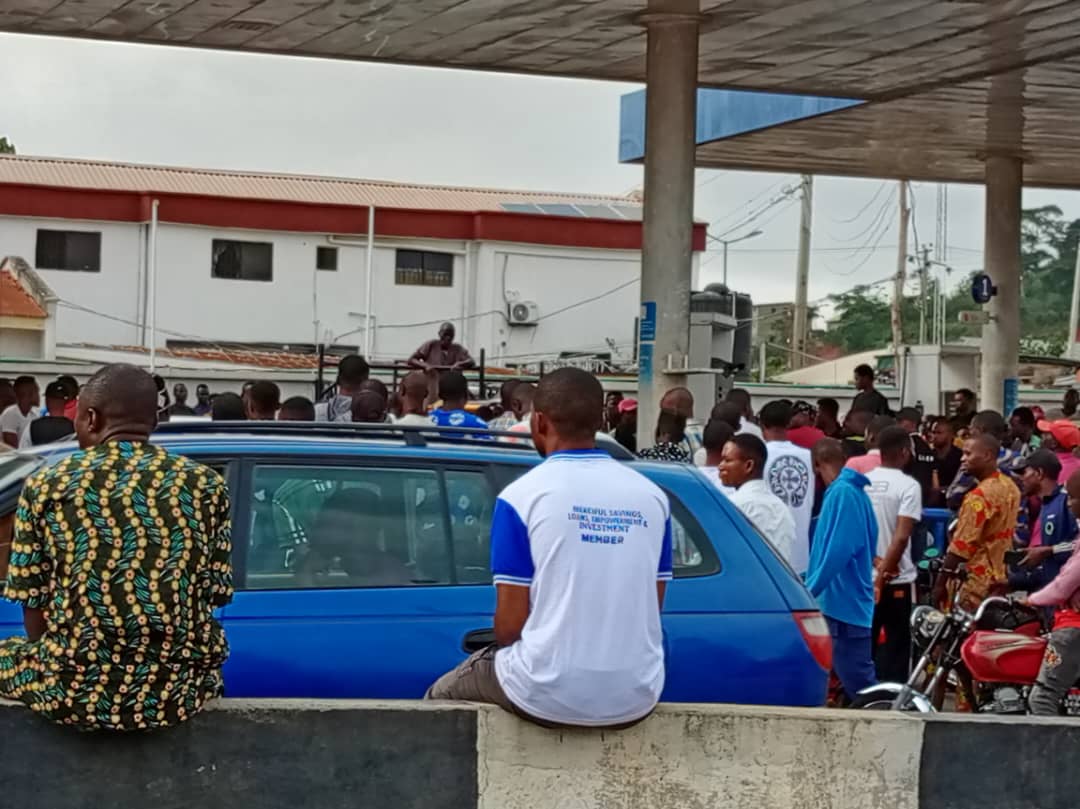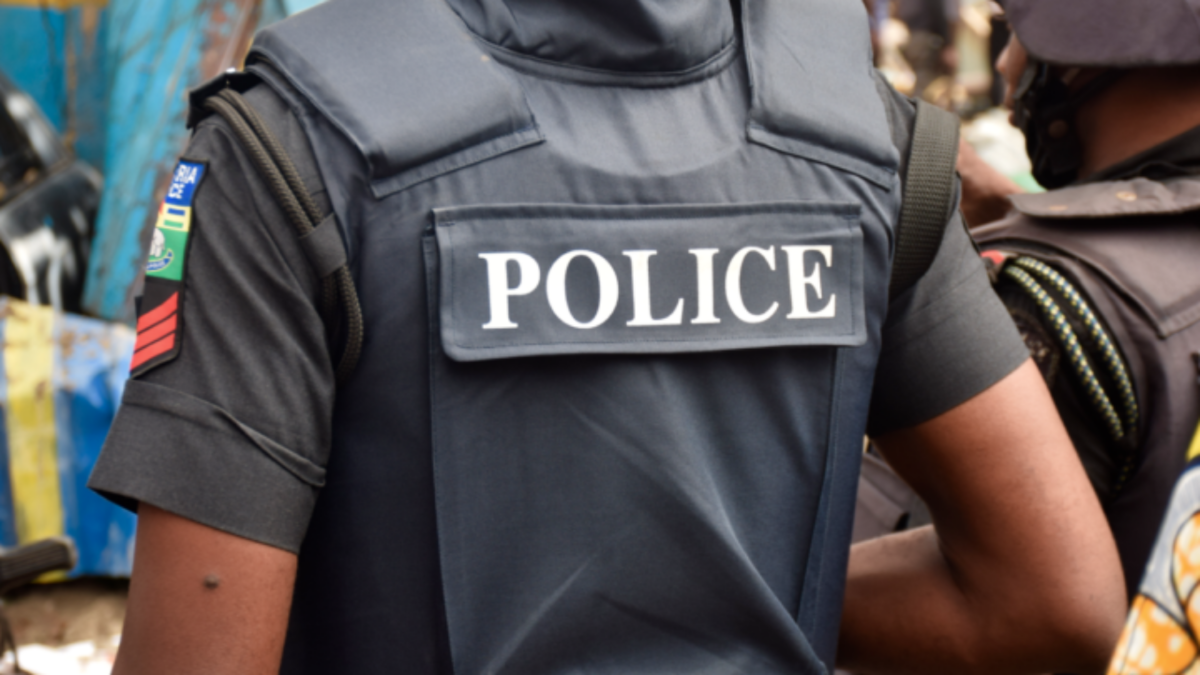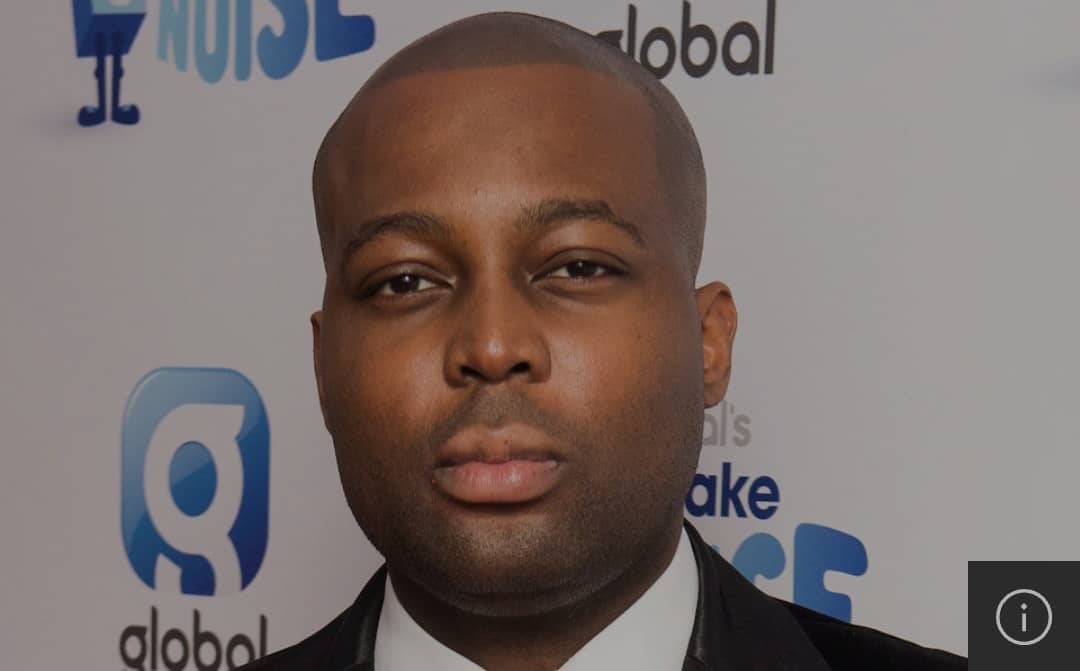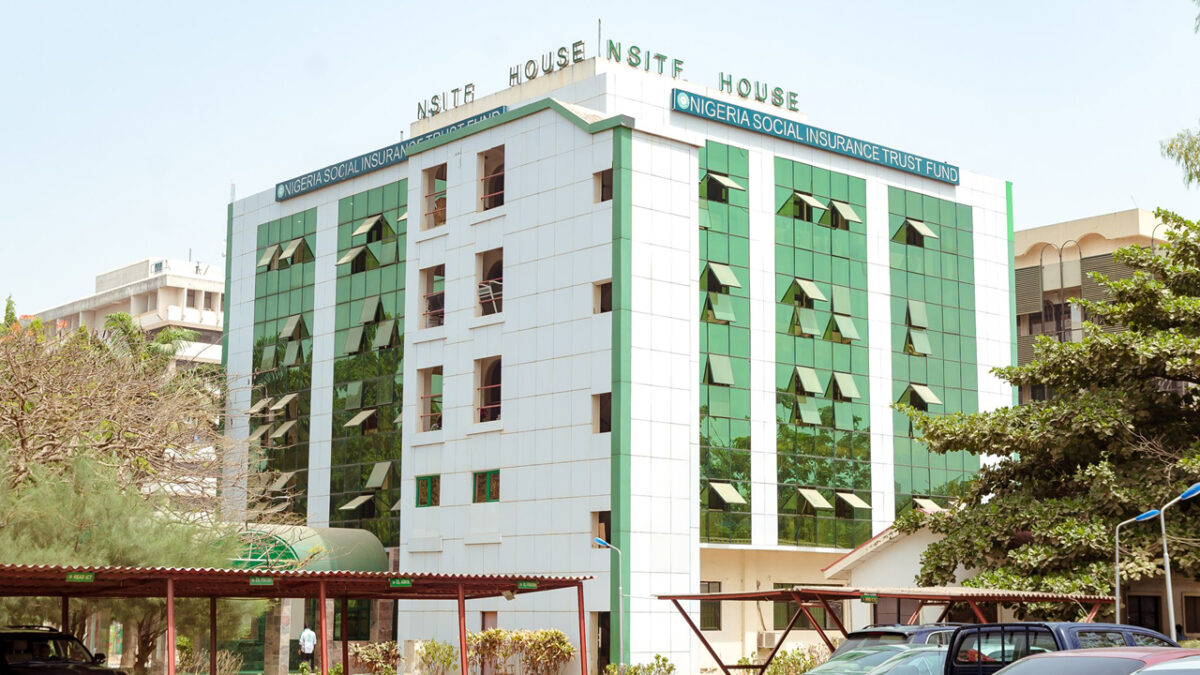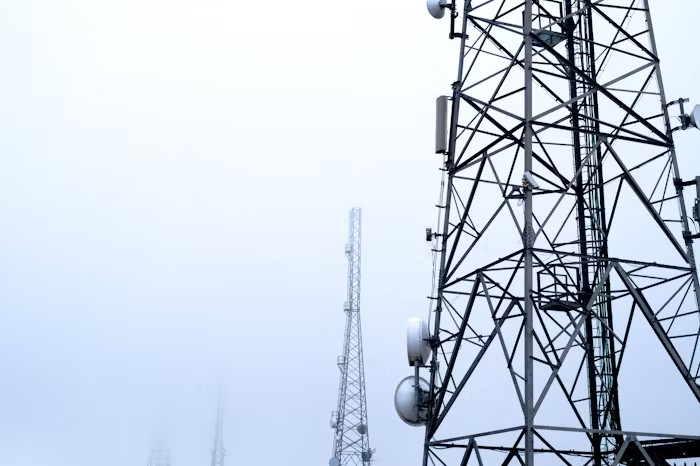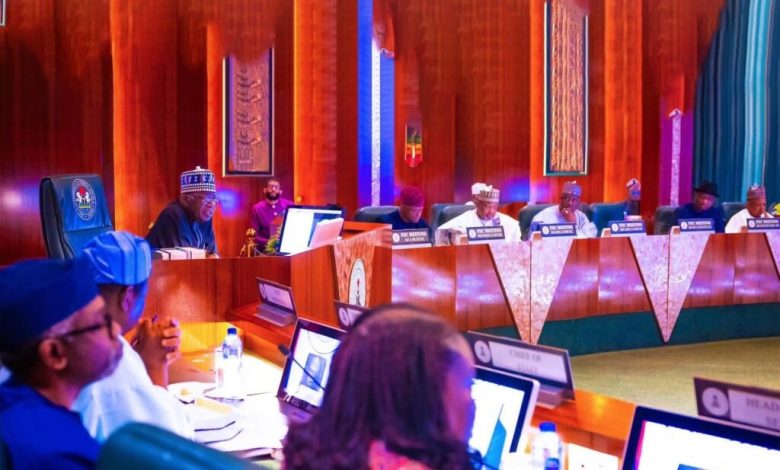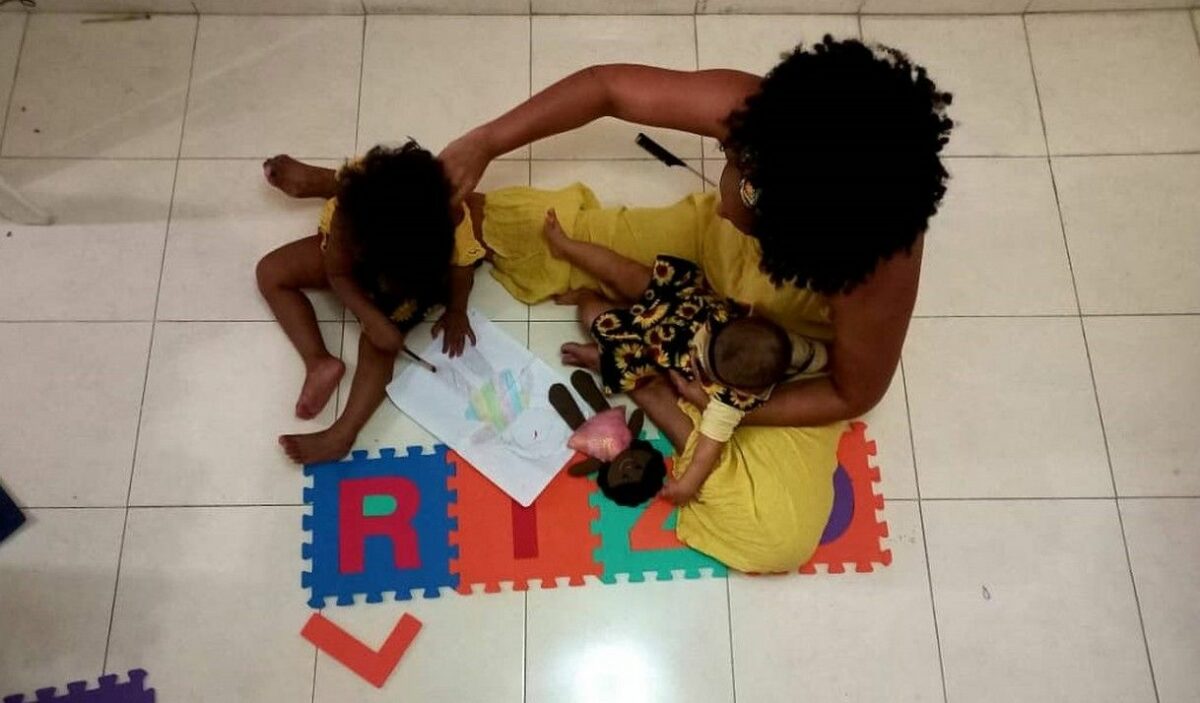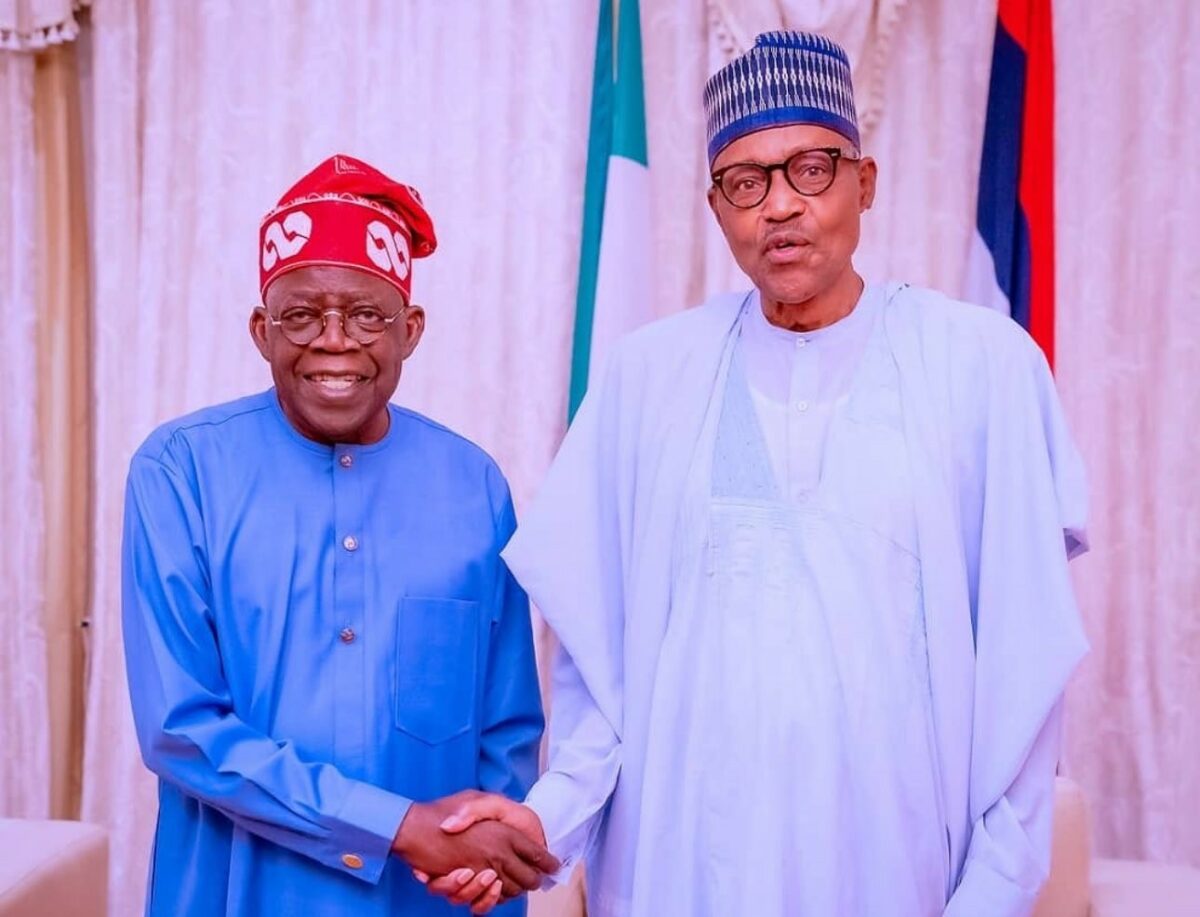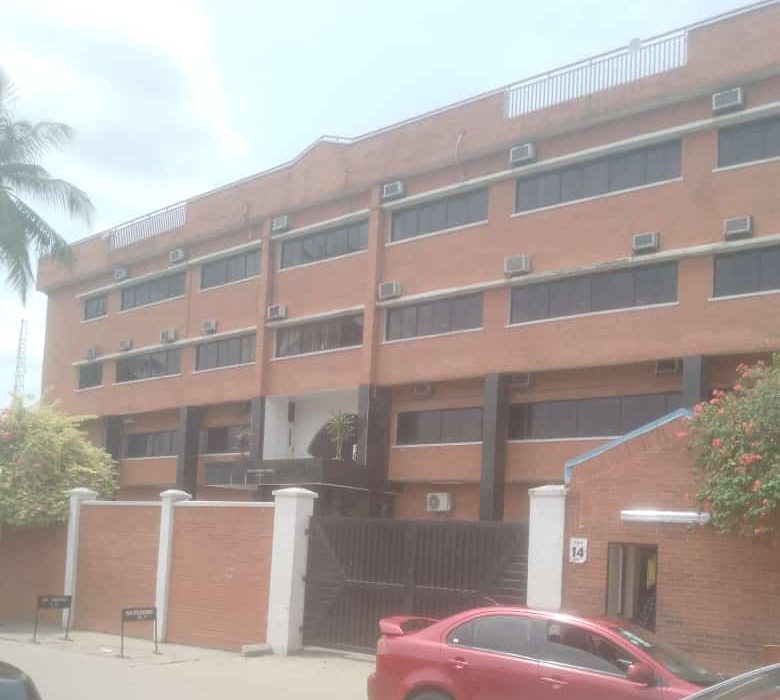Results of Nigeria’s presidential and national assembly elections held on Saturday February 25, 2023, are currently trickling in.
Every presidential election is keenly contested in Nigeria, and it is the same now with four main candidates as favourites among about 16 recognised parties on the ballot.
As Peter Obi of the Labour Party (LP) hopes to upset the ruling All Progressives Congress (APC) and the major opposing People’s Democratic Party (PDP) with a nationwide third force, New Nigeria People Party (NNPP)’s Rabiu Kwankwaso is banking on a cult following in Kano and its surroundings to pull enough votes.
Pre-election polls favoured Obi ahead of the APC’s Bola Tinubu and PDP’s Atiku Abubakar, but both parties are political behemoths boasting about strong grassroots bases across Nigeria. To win the presidential election in Nigeria, a candidate must secure a majority vote and a second minimum requirement.
In an election very different from a polarised battle between the PDP and APC, the distribution of votes may lead to an inconclusive election. FIJ explains how this might happen and what Nigerians should expect if it goes this way.
READ ALSO: 6 Things the New Electoral Act Will Do to Nigerian Elections
WHAT THE CONSTITUTION SAYS ABOUT BEING ELECTED PRESIDENT
The Electoral Act (2022) states that the winner of the presidential election will be subjected to the provisions of section 134 of the Nigerian Constitution.
“In an election to the office of the President or Governor whether or not contested and in any contested election to any other elective office, the result shall be ascertained by counting the votes cast for each candidate and subjected to the provisions of sections 133, 134 and 179 of the Constitution,” the Electoral Act reads in part.
According to the 1999 Constitution, presidential candidates must not only win a single majority, whoever will be recognised as an elected president must have won a stipulated minimum in every region of the country.
The candidate that receives the highest number of votes shall be declared elected only if they also fulfil a quota of 25 percent of the total votes cast in about 24 states including the Federal Capital Territory.
Section 134, subsection 2, of the 199 Constitution states:
“A candidate for an election to the office of President shall be deemed to have been duly elected where, there being more than two candidates for the election-he has the highest number of votes cast at the election; and he has not less than one-quarter of the votes cast at the election each of at least two-thirds of all the States in the Federation and the Federal Capital Territory, Abuja.”
The failure of one candidate to fulfil this requirement will make the election on February 25 inconclusive.
READ ALSO: Addressing Voter Apathy Through Technological Inputs During Elections
WHAT HAPPENS WHEN THE PRESIDENTIAL ELECTION IS UNDECIDED?
The Nigerian Constitution dictates what happens when the presidential election is inconclusive due to candidates falling to fulfil the basic electing requirements.
Subsections 3/4/5 of Section 134 state:
“In a default of a candidate duly elected in accordance with subsection (2) of this section their shall be a second election in accordance with subsection (4) of this section at which the only candidate shall be-
- the candidate who scored the highest number of votes at any election held in accordance with the said subsection (2) of this section; and
- one among the remaining candidates who has a majority of votes in the highest number of States, so however that where there are more than one candidate with majority of votes in the highest number of States, the candidate among them with the highest total of votes cast at the election shall be the second candidate for the election.
“In default of a candidate duly elected under the foregoing subsections, the Independent National Electoral Commission shall within seven days of the result of the election held under the said subsections, arrange for an election between the two candidates and a candidate at such election shall be deemed elected to the office of President if-
- he has a majority of votes cast at the election; and
- he has not less than one-quarter of the votes cast at the election in each of at least two-thirds of all the States in the Federation and the Federal Capital Territory, Abuja.
“In default of a candidate duly elected under subsection (4) of this section, the Independent National Electoral Commission shall, within seven days of the result of the election held under the aforesaid subsection (4), arrange for another election between the two candidates to which the subsection relates and a candidate at such election shall be deemed to have been duly elected to the office of President, if he has a majority of the votes cast at the election.”
READ ALSO: INEC Releases Timetable for 2023 Elections
LEGAL INTERPRETATION OF SECTION 134
FIJ asked Ridwan Oke, the legal services director of Connect Hub Nigeria, to explain what section 134 really means.
“We have 36 states of the federation and two-thirds of that is about 25. So, if you are a presidential candidate, you must have 25 percent of the total votes cast in at least 25 states of the federation before you are declared [winner]. If nobody has that, if the candidate with the highest number of votes still fails to have the required 25 percent, there will be a rerun election,” Oke told FIJ on Friday.
“When it goes to the rerun, it will only be the majority [votes required]. So, if you are polling 10 million votes, you must have at least 25 percent of the total votes in 25 states in that majority vote. The candidate does not have to win all those 25 states. They only need to meet the minimum 25 percent in the states.”
FIJ can confirm that two-thirds of the 36 states in Nigeria is 24. This means that if no presidential candidate can manage to achieve the required 25 percent minimum in 24 states, INEC will have to arrange another election within seven days.
Subscribe
Be the first to receive special investigative reports and features in your inbox.


